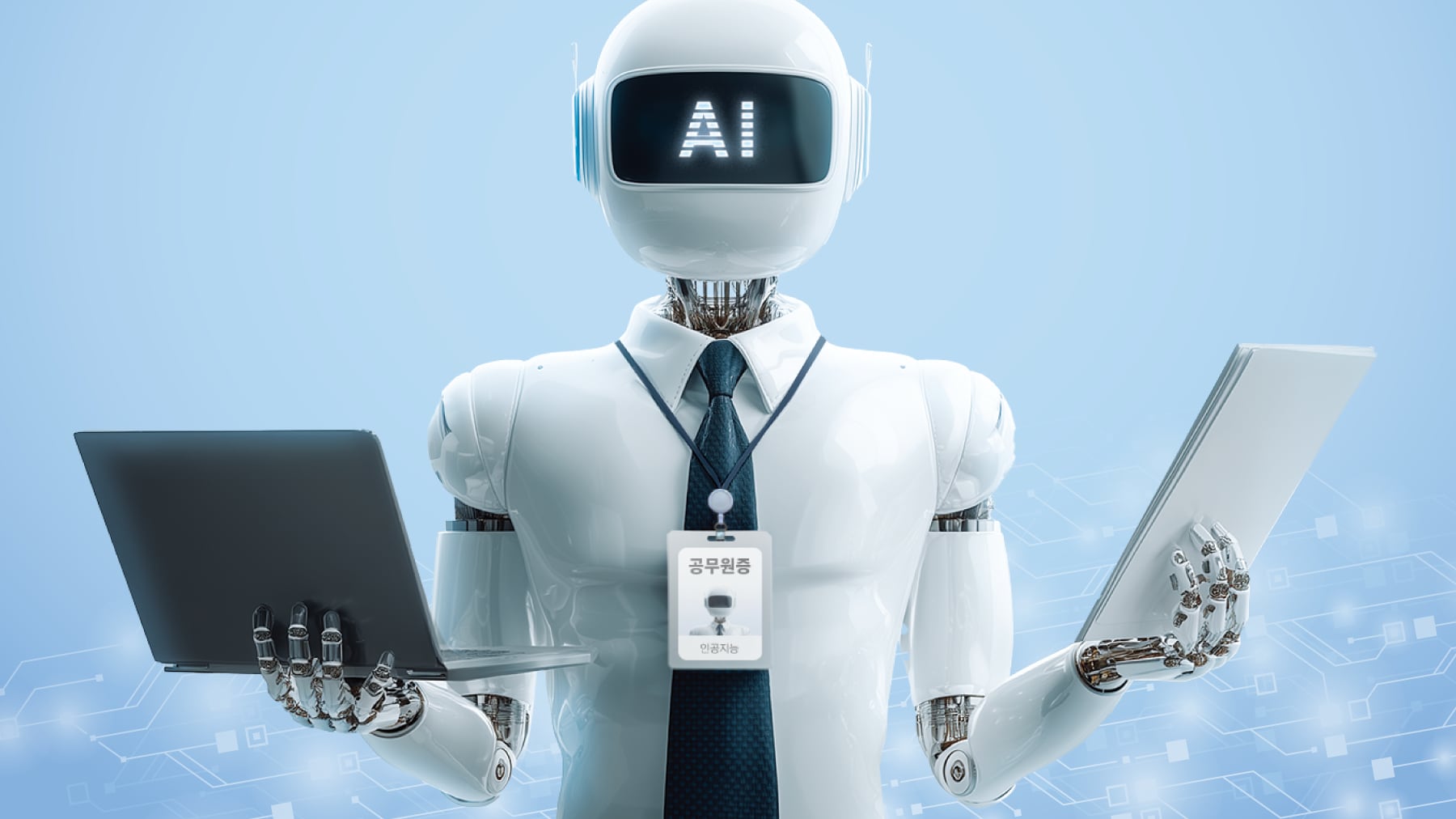The Rise of AI in South Korea’s Public Sector
South Korea is witnessing a significant transformation in its public sector as artificial intelligence (AI) becomes an integral part of daily operations. Government employees across the country are reporting that many long-standing administrative burdens have been eased, thanks to the integration of AI technologies. This shift is not only streamlining processes but also improving efficiency and even saving lives in some cases.
Digitizing Historical Records with AI
In Ulsan, government workers have found relief from the painstaking task of processing historical land and forest ledgers. These records, some dating back to the Japanese colonial era, were challenging due to their handwritten Chinese characters and outdated terminology. To address this, the city scanned approximately 389,000 pages to train an AI system. The system has since translated about 130,000 of these into HWP-format Korean-language files, eliminating the need for manual transcription. This effort has significantly reduced the time and resources required to manage these critical documents.
AI in Everyday Government Tasks
Across South Korea, public institutions are increasingly adopting AI to automate tasks that once required extensive human effort. At the Seoul Business Agency (SBA), an AI-powered assistant called SBA Bot has been in operation since 2022. It handles accounting entries and travel reimbursements, drastically reducing the time needed for these tasks. Previously, staff had to manually input each receipt for approval, which took around 14 minutes per transaction. Now, SBA Bot extracts data directly from card records, completing the same task in just two minutes.
According to SBA CEO Kim Hyun-woo, the bot performs work equivalent to that of 23 employees, allowing staff to focus on more complex and strategic tasks. This shift highlights how AI is not only improving efficiency but also enabling civil servants to contribute more effectively to public service.
AI for Health and Safety
AI is also playing a crucial role in enhancing public safety and health. The Isolation Prevention Center, run by the Seoul Welfare Foundation, uses AI to monitor the well-being of older adults living alone. Sensors on household appliances such as televisions, microwaves, and lights track activity across 3,971 homes. If there is a lack of electricity use or changes in lighting patterns, the system immediately alerts staff.
In June 2023, this system helped rescue a man in his 70s who had collapsed from hypoglycemic shock. When the sensors detected inactivity, staff were dispatched and brought him to the hospital, showcasing the life-saving potential of AI in public services.
Combating Digital Crimes with AI
Another area where AI is making a difference is in combating digital sex crimes. At the Seoul Digital Sex Crime Victim Support Center, an AI tool scans the internet for illegal footage, flags it, and compiles standardized reports for victims to submit to police. According to one official, what used to take a person about two hours to locate a video can now be done by AI in just three minutes. The number of takedowns rose from 2,509 in 2022 to 14,256 last year, highlighting the effectiveness of this technology.
Agricultural Applications of AI
In agriculture, Gyeongsangnam-do Province is piloting an AI-based farrowing prediction system at six pig farms. AI-enabled cameras track sows’ body temperature and posture to forecast births. A provincial official explained that accurate predictions can reduce piglet mortality, replacing the previous reliance on farmers’ intuition. This innovation demonstrates how AI is being applied to improve productivity and sustainability in the agricultural sector.
Widespread Adoption of AI in Public Institutions
As of 2023, 243 out of 401 public institutions in South Korea had adopted some form of AI, according to the Ministry of Science and ICT. This widespread adoption reflects the growing recognition of AI’s potential to transform public administration.
Challenges and Concerns
Despite the benefits, the implementation of AI in public sectors has not always been smooth. In January, the Seoul Metropolitan Government launched the Seoul Data Hub, an AI chatbot designed to assist citizens. However, users reported inaccurate or unhelpful responses. One user asking about bus routes received the response: “Use the bus route information service.” Experts attribute this issue to insufficient training data, emphasizing that AI’s effectiveness depends on the quality and volume of information it is trained on.
Some veteran civil servants remain skeptical about AI. One Seoul city employee in his 50s shared his experience with ChatGPT, stating that it provided strange answers, leading him to abandon its use. Another department head mentioned that while staff now submit AI-written reports, he still verifies them manually to ensure accuracy.
Caution Against Hasty Investment
Experts warn against hasty investment in AI without proper guidelines. Hong Sung-geol, a public administration professor at Kookmin University, cautioned that rushing into AI initiatives could lead to failure, citing past experiences with the metaverse. He emphasized the need for clear guidelines and case studies before expanding further.
As South Korea continues to integrate AI into its public sector, the balance between innovation and caution remains critical. While AI offers numerous benefits, ensuring its effective and responsible use will be essential for long-term success.






